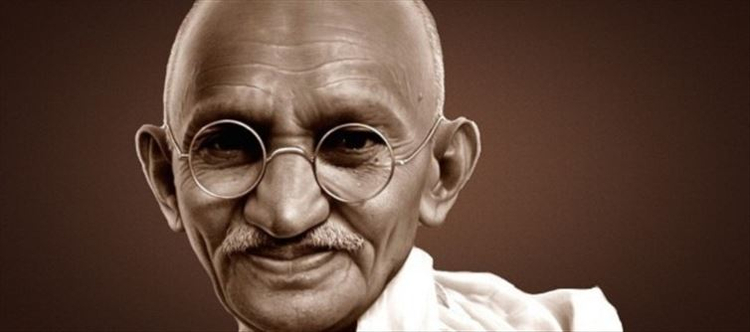
As the years went by, as the Muslim League, led by Muhammad ali Jinnah, showed its fangs, gandhi gradually conformed to the fate of the country with the center of New Delhi, and especially the Viceroy's Palace. His efforts to keep the country united have been in vain. In addition to his series of meetings with successive residents at the Viceroy's Palace, he held at least 18 meetings with Jinnah.
Yet, gandhi was the most important. The last Viceroy, Lord Louis Mountbatten, knew it better than most of his comrades. For Mountbatten, the beginning of june 1947 was the most turbulent of all. The process of transferring british power to india was scheduled to begin on june 3.
In these broadcasts, when Nehru and Singh expressed their grief over the secession in their agreed talks, Jinnah diverted the issue of the North West Frontier Province and provoked Sardar Vallabhbhai patel, who was in charge of the Information and Broadcasting Department, who was a member of the cabinet Cabinet. Nehru and patel were upset that Jinnah had been manipulated by Mountbatten.
The chance of secession was really sluggish. In this organization, Mountbatten was keen to become the Governor-General of both india and Pakistan. Although indian leaders accepted the proposal, Jinnah hesitated.
Mountbatten wanted to convey a definite message to Jinnah. The proposed arrangement for both countries to have a single governor-general is temporary. Is to ensure consistent change. However, it had the opposite effect on Jinnah, who said almost a month later that he was uncertain that he would hold the post of Governor-General of Pakistan.
A search through the Mountbatten sheets compiled and preserved in the President's study reveals the precious facts of history that reveal entirely new perspectives.
History is full of many unpredictable twists and turns. It radically changed the face of the future. May have exposed the rise and fall of individuals entrusted by the destiny of the people. Although circumstances compelled gandhi to accept secession, he remained steadfast in his belief that the inherent goodwill of men would ultimately overcome violence. gandhi was an eternal believer, he was firm in his faith to the end.




 click and follow Indiaherald WhatsApp channel
click and follow Indiaherald WhatsApp channel